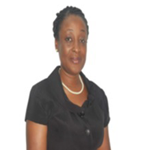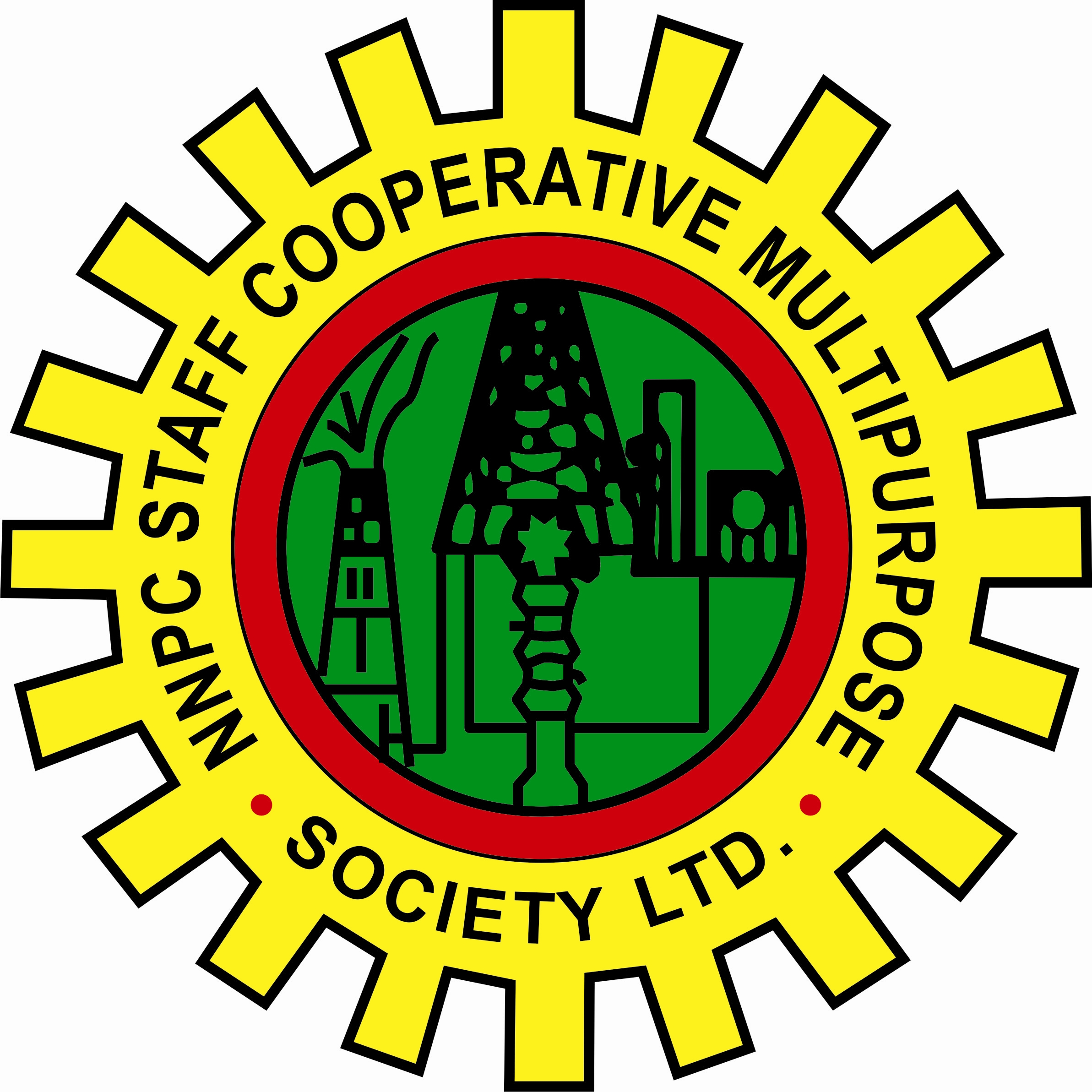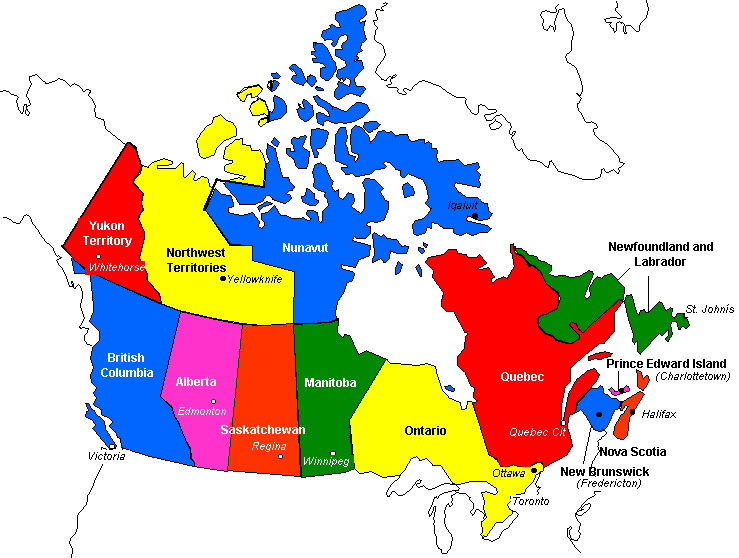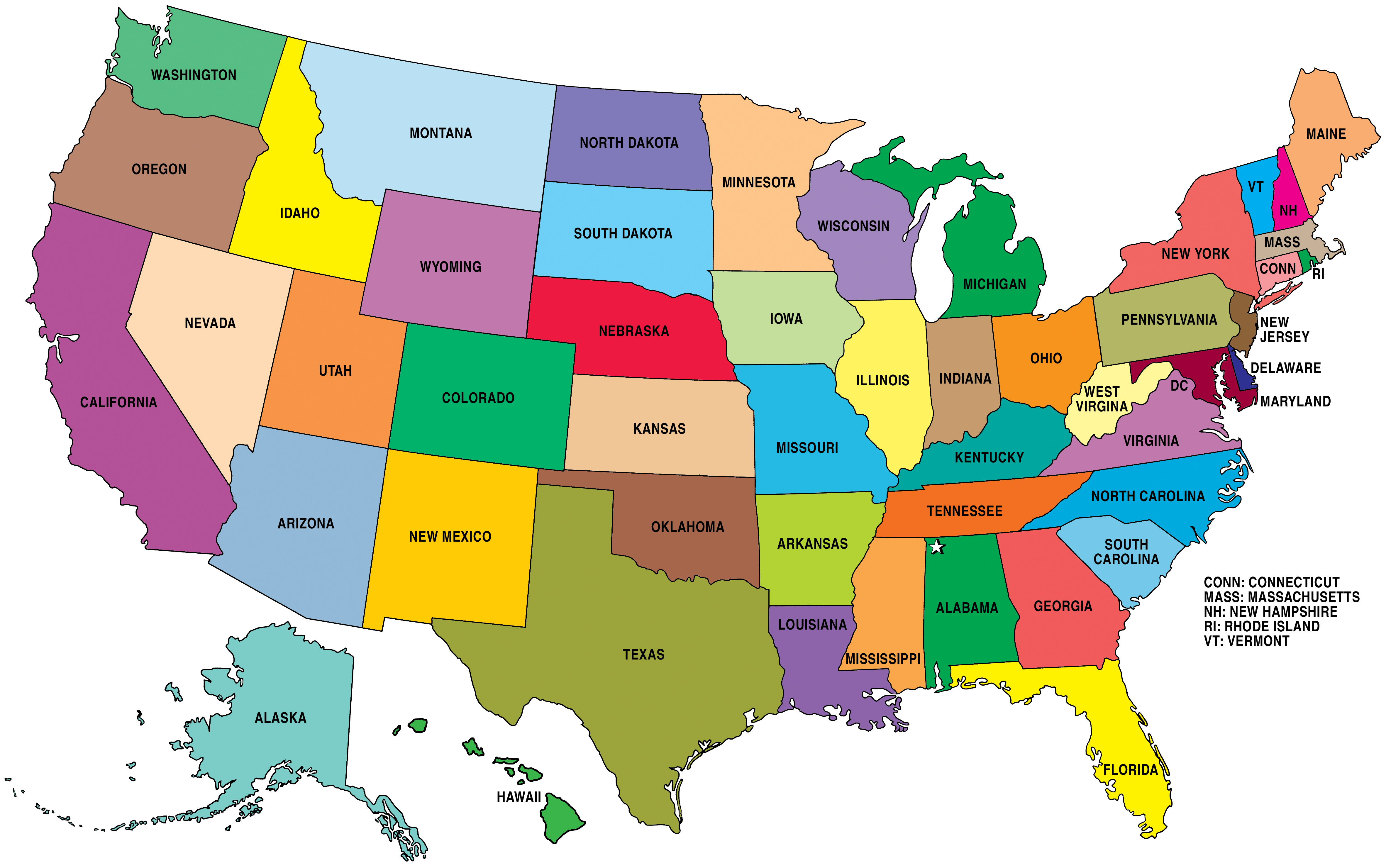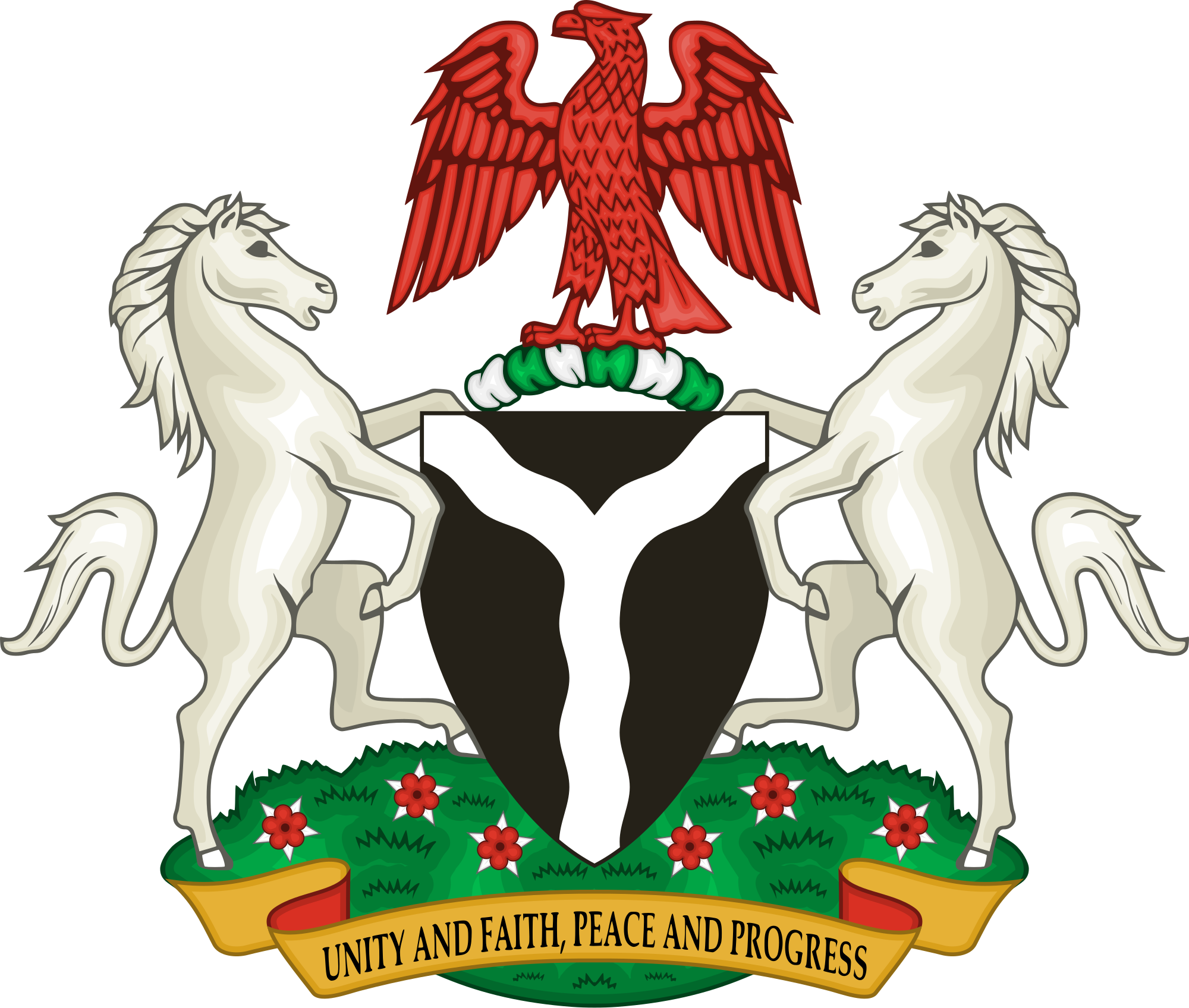
Hon. Philip Shaibu is cerrently the Deputy Governor of Edo state, He was born on December 1, 1969, He hails from Etsako West Local Government Area of Edo State.
He obtained his Senior School Certificate in 1989 at Sardauna Memorial College. and graduated with a Bachelor of science (B.Sc) degree in Accounting in the year 2000 from the University of Jos, Plateau State and Masters degree from the University of Benin, Edo State in the year 2015.
After his graduation He worked with the Nigeria Prisons Services, Abuja and retired as Assistant Inspector of Prisons in the year 2002.
He served as Special Adviser on Labour, Youth and Students Matters, to Governor Lucky Igbinedion between the years 2006 and 2007.
He was a member of the Edo State House of Assebly. and Federal House of Representatives, representing Etsako East/West/Central Federal Constituency of Edo State of Nigeria under the platform of All Progressives Congress (APC).
His Legislative Interests border on law making and constituency project development. He executed many constituency projects in his community as a member of state assembly doubled the projects as a member of House of Representatives.
Philip Shaibu an
indigene of Etsako West Local Government Area
of Edo State, was born on December 1, 1969. He is a member of the
Federal House of Representatives, representing Etsako East/West/Central
Federal Constituency of Edo State of Nigeria under the platform of All
Progressives Congress (APC).
He attended Sardauna Memorial College and sat for Senior School
Certificate Examination in the year 1989. He was admitted into the
University of Jos, Plateau State in 1995 and graduated with a Bachelor
of science (B.Sc) degree in Accounting in the year 2000. In the year
2003, he did his Computer Appreciation Course at Pabais Computer School,
Abuja. He later studied further up to his Masters degree, which he
obtained from the University of Benin, Edo State in the year 2015. While
in the university, Philip Shaibu became the president of the National
Association of the Nigeria Students (NANS).
After his graduation Philip worked with the Nigeria Prisons Services,
Abuja and retired as Assistant Inspector of Prisons in the year 2002.
When Nigeria returned to Democracy, Philip Shaibu served as Special
Adviser on Labour, Youth and Students Matters, to Governor Lucky
Igbinedion between the years 2006 and 2007. He was elected as a member
of the Edo State House of Assebly.
Later in time, Philip was elected into the Federal House of
Representatives, where he represents Etsako East/West/Central Federal
Constituency of Edo State Nigeria under the platform of All Progressives
Congress (APC). His Legislative Interests border on law making and
constituency project development. He executed many constituency projects
in his community as a member of state assembly and now intends to
double the projects as a member of House of Representatives.
Read more at: http://www.nigerianbiography.com/2015/12/biography-of-philip-shaibu.html
Copyright © Nigerian Biography
Read more at: http://www.nigerianbiography.com/2015/12/biography-of-philip-shaibu.html
Copyright © Nigerian Biography
